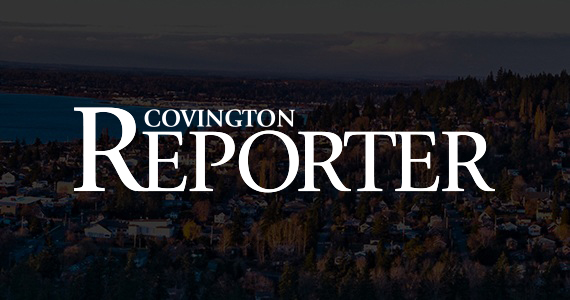Would you buy a new car or a new house without knowing how you’ll pay for it? Of course not. But Washington voters do something similar every time they approve a costly initiative without specifying how it will be paid for.
For years, energy experts warned us that regulations and policies that reduce the supply of affordable conventional energy would result in higher prices for American families.
With a bad economy, political bickering in our nation’s capital and daily news coverage of raucous protests here at home, it may seem harder to get into the Christmas spirit this year.
There is a brighter side to Christmas this year, despite the weak economy and lawmakers bickering over how to patch the $2 billion hole in the state’s budget.
Just about the time the Congressional “Super Committee” declared failure, our national debt clock rolled past $15 trillion. Even as the discussions, co-chaired by Sen. Patty Murray, D-Wash., ground to a halt and Congress left the Capitol for Thanksgiving, the debt clock kept ticking.
How about some good news heading into the holidays? It comes from our nation’s farmers and ranchers.
President Obama says he will delay until 2013 a decision about the $13 billion Keystone pipeline, which would carry Canadian oil to Gulf coast refineries.
The dictionary defines “deadbeat” as someone who deliberately avoids paying their bills. It’s an unflattering label, but for Illinois, it’s now their unofficial new nickname: the Deadbeat State.
In today’s dog-eat-dog world, change is constant and accelerating. Other countries are stealing our factories and jobs and are hungry for more. That is the new reality.
Recently, President Obama ordered the Environmental Protection Agency to delay implementation of a new rule that further reduces industrial ozone emissions —smog — under the Clean Air Act (CAA).
Looking at the opinion polls, it’s easy to be depressed these days. Three out of four likely voters say America’s on the wrong track, consumer confidence has tanked, investors are sitting on the sidelines and job growth has stalled.
President Obama and the newly appointed Congressional federal debt reduction committee will need to look under every rock to find ways to save money and do things differently. Now, they’re getting some help from the private sector.
At the same time President Obama and Congress were locked in combat over raising the nation’s debt ceiling, leaders of state manufacturing associations from across America were meeting right here in Washington.
Americans live in an idealistic world where, no matter what happens, we’ll still be able to go home at night and switch on the lights or pull into a filling station and gas up the family SUV.
Later this month, state legislators will begin discussions about designing and implementing a health-care exchange.
If experience is a guide — and it is — Washington lawmakers should tread very carefully because recent events have shown how perilous such efforts can be.
By 2025, the TransAlta energy facility in Centralia must replace coal with natural gas to generate electricity, but Washington has no gas to offer. Fortunately, we have neighbors with an abundance of gas — natural gas, that is — to ship to us.
State lawmakers in Olympia received a much-needed boost recently in the form of $320 million in new tax revenue, the result of a new tax amnesty program. The amnesty, first proposed in 2009 by State Auditor Brian Sonntag, was vigorously championed by the Association of Washington Business as a way to settle disputed tax assessments.
As the price of gas passes $4 on its way to $5 a gallon, the finger pointing in Washington, D.C. has reached a frenzy as politicians rush to place blame. “Wall Street profiteers!” “Speculators!” “Big Oil!”
The projected cost of Obamacare is going up — again. The nonpartisan Congressional Budget Office (CBO) now estimates the 10-year cost of federal health reform at $1.45 trillion, a $40 billion increase in just the first 12 months.
Washington voters have made it more difficult for state lawmakers to hike taxes by requiring a two-thirds majority to do so.
The Legislature’s response? Increase fees, instead.
Gov. Chris Gregoire has ordered state agencies to cut their budgets and streamline their operations, saying, “State government cannot conduct business as usual.” But instead, some agencies want to offset their agency’s budget cuts with higher fees.

